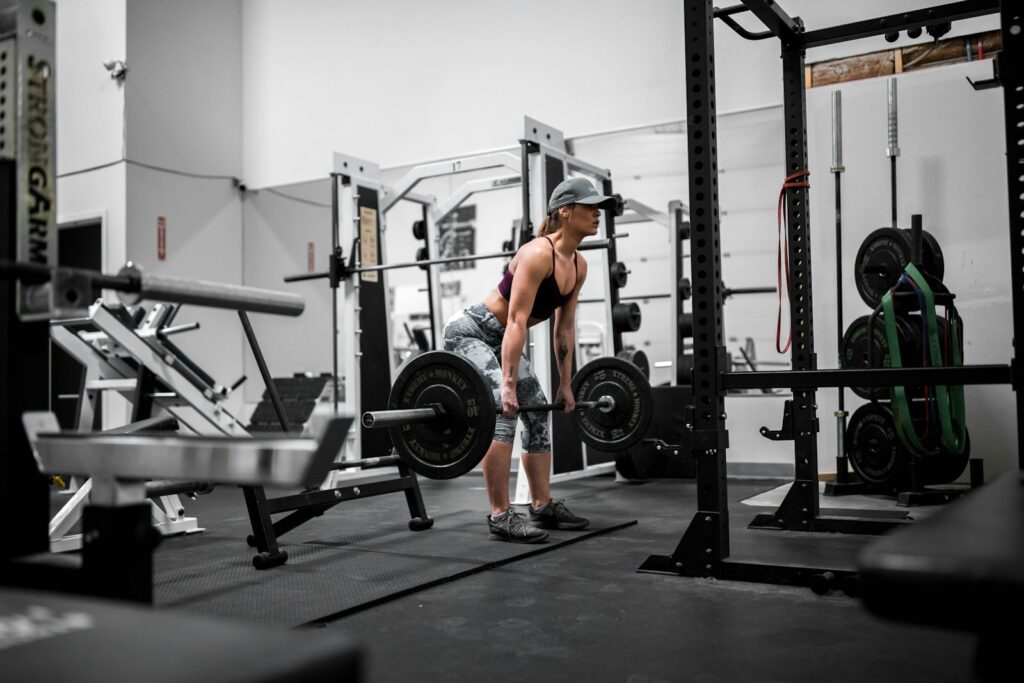
Subscribe to our newsletter
Enter your email address below and subscribe to our newsletter

By Haley Brandon
In recent years, the perception of women lifting weights has dramatically shifted. No longer seen as an activity exclusive to men or professional athletes, weightlifting has gained traction among women of all ages and backgrounds. This change is not a fleeting fitness trend but a significant movement toward embracing strength, empowerment, and overall health. The importance of lifting weights for women cannot be overstated, as it offers a plethora of physical, mental, and emotional benefits that contribute to a well-rounded and fulfilling life.
Breaking Stereotypes and Building Confidence
Historically, societal norms and gender stereotypes have often dissuaded women from engaging in weightlifting. The fear of becoming “too bulky” or losing femininity has long been a barrier. However, these misconceptions are being debunked as more women step into the weight room and experience the transformative power of strength training.
Lifting weights helps women build lean muscle mass, enhancing physical appearance and boosting metabolism, aiding in weight management. The notion that women will develop an overly muscular physique is largely unfounded, as achieving such a look typically requires specific training regimens and dietary plans that are uncommon in general fitness routines. Instead, women who lift weights often find their bodies becoming more toned and defined, which contributes to a positive self-image and increased confidence.
Enhancing Physical Health
The physical health benefits of weightlifting are numerous and profound. Strength training is critical to overall fitness, providing benefits that cardio workouts alone cannot offer. For women, incorporating weightlifting into their exercise routine can lead to:
Mental and Emotional Well-being
Beyond the physical advantages, weightlifting offers substantial mental and emotional benefits. Exercise, in general, is known to release endorphins, the body’s natural mood lifters. However, the sense of accomplishment that comes from lifting weights can provide a unique and powerful boost to mental health.
Social and Community Benefits
Weightlifting also opens doors to social connections and community support. Many women find camaraderie in the gym through group classes, lifting partners, or fitness communities. This social aspect can be incredibly motivating and provide a network of encouragement and accountability.
Practical Tips for Women Starting with Weightlifting
For women who are new to weightlifting, the idea of stepping into the weight room can be intimidating. However, with the right approach and mindset, it can be a rewarding and empowering experience.
The importance of lifting weights for women extends far beyond physical aesthetics. It is a holistic practice that enhances physical health, mental well-being, and emotional resilience. As more women embrace strength training, the barriers and stereotypes that once limited their participation continue to crumble. Weightlifting empowers women to take control of their health, build confidence, and connect with a supportive community. By lifting weights, women are not only lifting themselves but also lifting the potential of future generations to embrace strength and wellness.